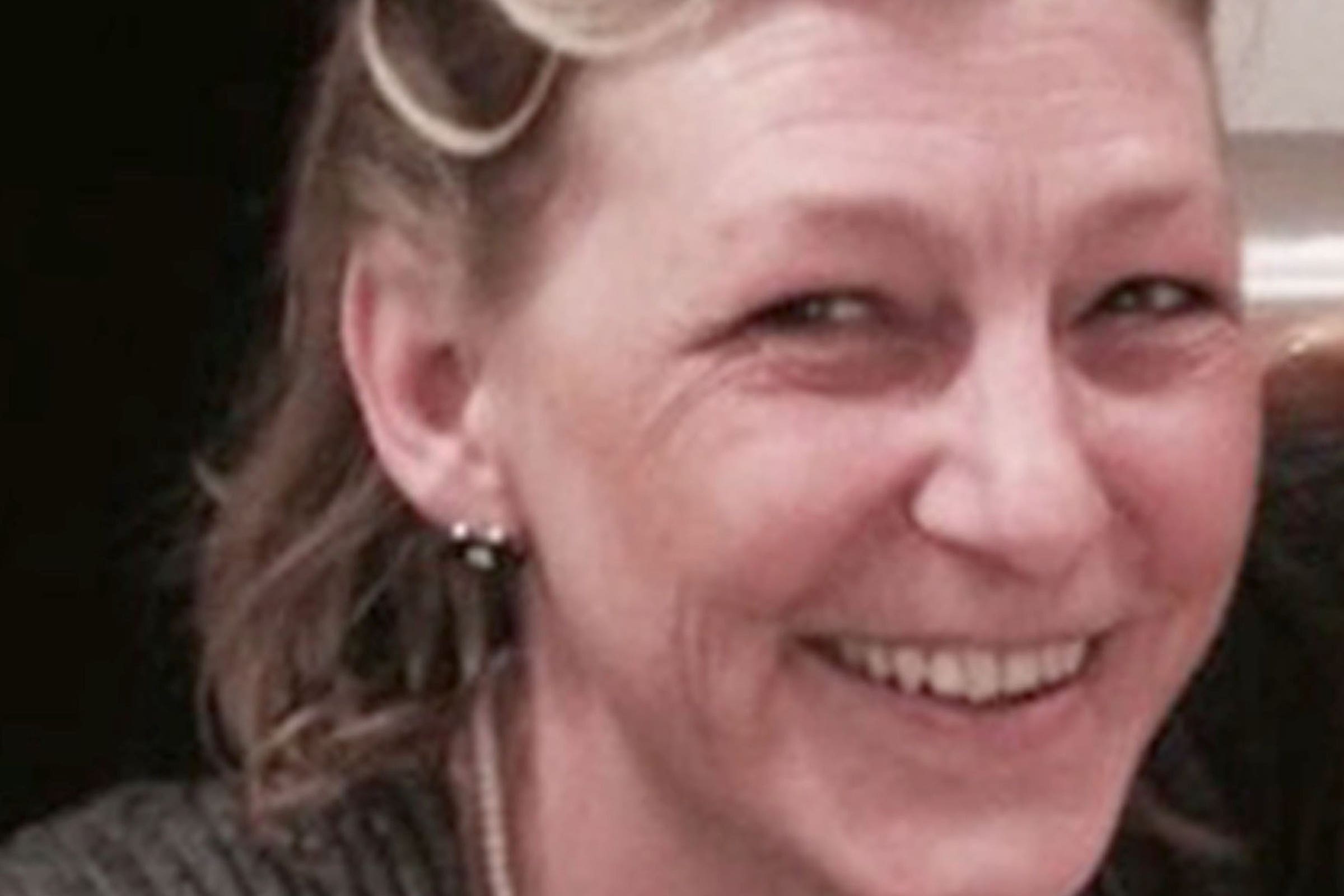Police officer apologises for describing Novichok victim as well-known addict
Dawn Sturgess died on July 8 2018 after she was exposed to the nerve agent, which was left in a discarded perfume bottle in Amesbury, Wiltshire.

A police officer has apologised for describing Novichok victim Dawn Sturgess as a “well-known drug addict” in an email after her poisoning.
Dawn Sturgess, 44, died on July 8 2018 after she was exposed to the nerve agent, which was left in a discarded perfume bottle in Amesbury, Wiltshire.
It followed the attempted murders of former spy Sergei Skripal, his daughter Yulia and then-police officer Nick Bailey, who were poisoned in nearby Salisbury in March that year.
All three survived, as did Ms Sturgess’s boyfriend, Charlie Rowley, who had unwittingly given her the bottle containing the killer nerve agent.
Previously, the Sturgess inquiry heard that paramedics who attended to Charlie Rowley formed a view he was suffering from nerve agent poisoning, but the police disagreed with them.
The inquiry heard Mr Rowley was known to Wiltshire Police as a drug user.
Temporary Superintendent Kerry Lawes, who was a detective sergeant at the time of the poisoning, gave evidence to the inquiry in central London on Monday.
In an email sent to the coroner on July 1, before Ms Sturgess’ death, she said the police had received a report of a possible nerve agent poisoning, which she believed was a drugs overdose.
In the email she said the ambulance and fire brigade who attended the scene had “panicked somewhat”, adding that Dawn Sturgess and Charlie Rowley were “two well-known drug addicts”.
I now know there is no intelligence to support the assertion that Dawn Sturgess was herself a user of illegal drugs or an addict
However, it has since come to light that there is no evidence that Dawn Sturgess was a drug user, and they had indeed been subject to nerve agent poisoning.
Ms Lawes, who could not attend the inquiry in person, apologised for these comments in a statement which was read out on her behalf.
“I have stated the ambulance and fire panicked somewhat, this was an unprofessional comment to make and I would like to take the opportunity to apologise for it,” she said.
She said her belief that the incident was drugs related was influenced by information she had received from the police.
She also apologised for writing that Ms Sturgess was an addict.
“I now know there is no intelligence to support the assertion that Dawn Sturgess was herself a user of illegal drugs or an addict,” she said.
She added that she had always acted in good faith and based on what she thought was in the best interests of the individuals involved.
Detective Sergeant Eirin Martin also gave evidence to the inquiry.
She received a handover on the case from then-detective sergeant Lawes on July 2.
She said the police’s initial hypothesis was that Ms Sturgess and Mr Rowley had ingested drugs cut with pesticides, and this had caused them to overdose.
Because of this hypothesis she asked Wiltshire Police’s media team to send out a press release on July 2 warning of a potential “bad batch” of drugs.
“At the point I made the press release in relation to the contaminated drugs that was, at that point, the primary hypothesis,” she said.
Dr Stephen Jukes, who treated Ms Sturgess when she was first admitted to the intensive care unit, also gave evidence to the inquiry.
He was asked about a quote from Dr James Haslam, previously heard by the inquiry, that he had a “niggling” worry that some Novichok could still be present in the area.
Dr Jukes said: “I think every one of the intensive care unit consultants at Salisbury hospital who were involved with the Skripals during their admission shared the same worry.”
However, he said the passing of time made them believe the area had been cleaned.
The inquiry continues.
Bookmark popover
Removed from bookmarks